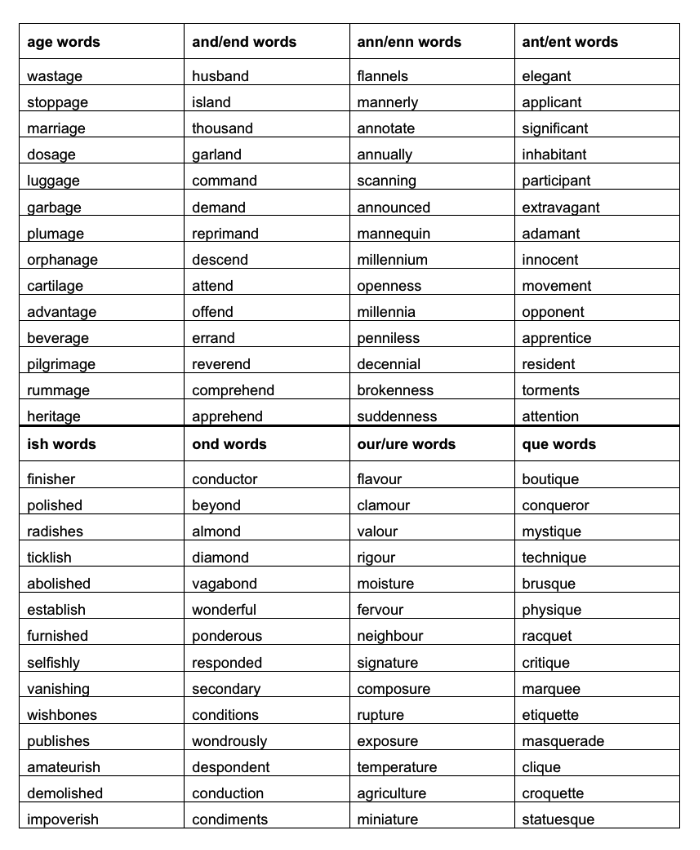How to help your child prepare for Year 5 English?
Whether your child is a bookworm or doesn’t enjoy English at all, knowing what they’re learning in school means you can give them extra support at home. Here’s your guide to what they’re being taught as part of the Year 5 English curriculum.
Reading in Year 5 – your child will:
continue to read an increasingly wide range of fiction, poetry, plays and non-fiction texts
read fiction texts both modern and old, and from other cultures and traditions
prepare poems and plays to read aloud and to perform, showing understanding through intonation and volume
infer characters' feelings from their actions and justifying inferences with evidence
discuss how authors use figurative language
distinguish between fact and opinion
Try this at home:
If you find it hard to find the time to read to your child, make the most of holidays. Choose a special book and read a chapter a night
If you have a child who enjoys making things, look for practical ‘how to’ books to inspire them. They may not be traditional story books, but it’s still valuable reading experience
Look out for events in your local library or bookshop – there could be a summer reading scheme or a chance to meet an author
Writing in Year 5 – your child will:
use further prefixes and suffixes and understand the guidance for adding them (find out more about Y5 spelling patterns and rules in our parents' guide)
spell some words with silent letters
learn the spelling of more difficult homophones (words which sound the same but are spelt differently)
use a dictionary and a thesaurus
use adverbs and adverbials to explain how something is being done
write with neat, legible handwriting; write with increasing speed
use brackets, dashes or commas to indicate parenthesis
use commas to clarify meaning or avoid ambiguity
learn to select appropriate grammar and vocabulary
describe settings, characters and atmosphere in narratives and integrate dialogue
carefully structure texts with a range of organisational devices, including time connectives, paragraphs, headings, bullet points, underlining
assess and improve the effectiveness of their writing
Try this at home:
When your child writes at home, encourage them to read their work aloud. That way, you can both talk about it, and how it could be improved
Make sure there’s somewhere quiet for them to concentrate and create when they’re working at home
If you go away during the holidays, suggest they keep a journal
Practise key skills at home with our range of Year 5 English worksheets, which cover grammar, punctuation and writing for purpose.
And that’s it for our guide to Year 5 English! We wish you and your little Year 5 all the best, and are super excited for you to engage with the course!
Check out our recommended Books you must read this summer!



